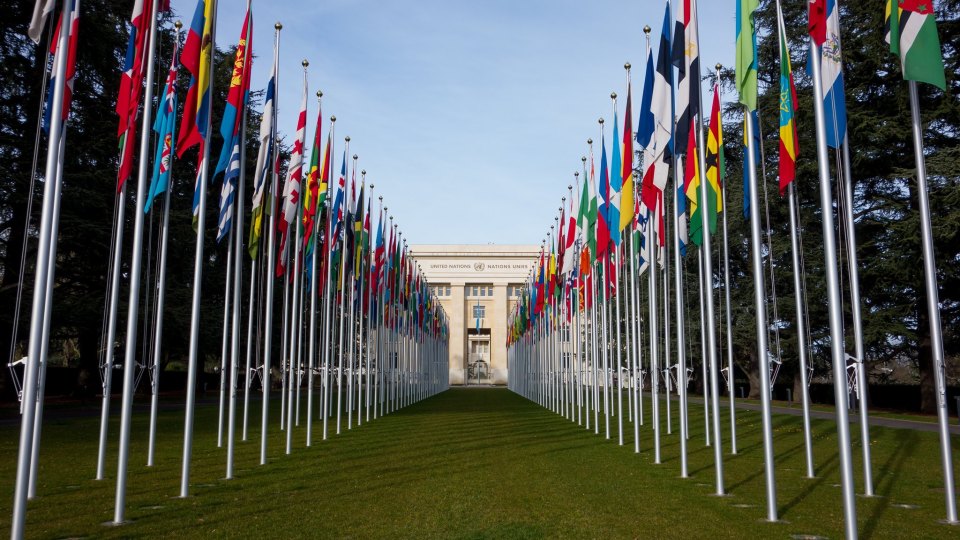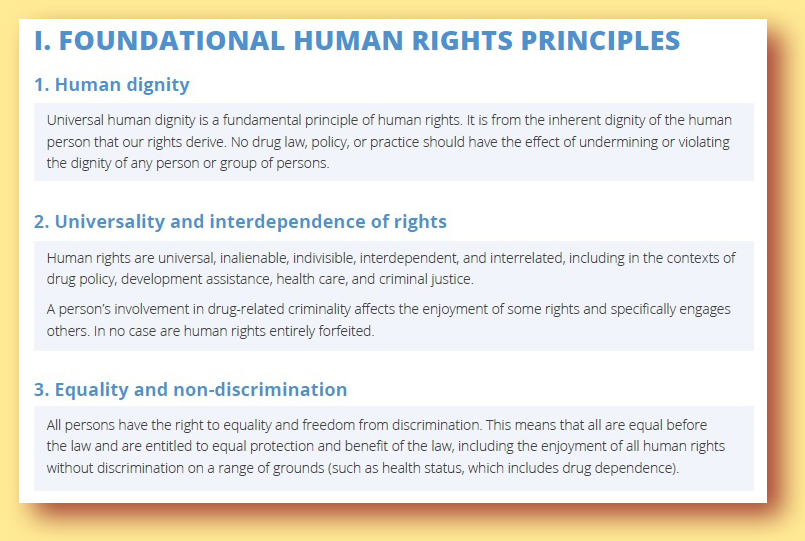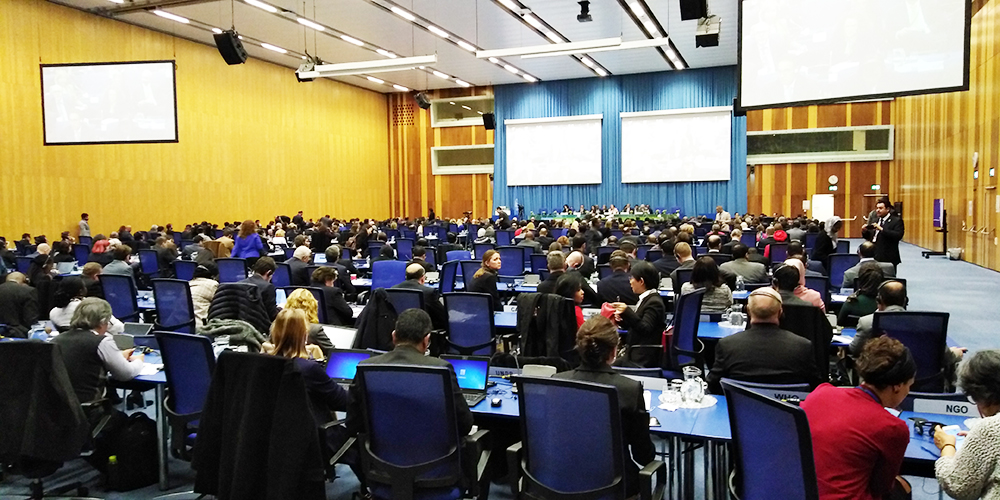Responding to the harms associated with drug use and the illicit drug trade is one of the greatest social policy challenges of our time. All aspects of this challenge have human rights implications.
Drug control intersects with much of the 2030 Agenda for Sustainable Development. In line with the 2030 Agenda, the UNDP Strategic Plan 2018 – 2021 and the HIV, Health and Development Strategy 2016 – 2021: Connecting the Dots, the International Guidelines on Human Rights and Drug Policy provide a comprehensive set of international legal standards for placing human dignity and sustainable development at the centre of UN member states responses to illicit drug economies. The guidelines cover a diverse set of substantive issues ranging from development to criminal justice to public health.
The guidelines were developed by a coalition of UN Member States, WHO, UNAIDS, UNDP and leading human rights and drug policy experts. The Guidelines are an example of the support provided to practically integrate international human rights commitments into national, regional and global policy and programmes.
The drugs issue cuts across the 2030 Agenda for Sustainable Development and multiple Sustainable Development Goals, including ending poverty, reducing inequalities and, of course, improving health, with its targets on drug use, HIV and other communicable diseases. Goal 16 on peace, justice and strong institutions is particularly important, requiring attention to human rights across the Sustainable Development Goals. Since the late 1990s, UN General Assembly resolutions have acknowledged that ‘countering the world drug problem’ must be carried out ‘in full conformity’ with ‘all human rights and fundamental freedoms’. This has been reaffirmed in every major UN political declaration on drug control since, and in multiple resolutions adopted by the Commission on Narcotic Drugs.The reality, however, has not always lived up to this important commitment.
The Guidelines are based on both ‘hard law’ and ‘soft law’ sources – those that are legally binding and those that are authoritative but not binding per se. With very few exceptions, the general descriptions of rights are drawn from binding treaty provisions.
However, since very few human rights treaty provisions address drug control directly and since the application of general rights to specific groups requires a more in-depth analysis, much of the guidance presented throughout the document is based on UN resolutions and declarations, the general comments and concluding observations of UN human rights treaty bodies and the work of UN human rights Special Procedures. Findings of regional human rights courts and national courts are also cited. Such jurisprudence, which is binding for the relevant countries, is cited in the Guidelines as being persuasive of a particular application of a right.
 The Guidelines are not a ‘toolkit’ for a model drug policy. The Guidelines are a reference tool for those working to ensure human rights compliance at local, national, and international levels, be they parliamentarians, diplomats, judges, policy makers, civil society organisations or affected communities.
The Guidelines are not a ‘toolkit’ for a model drug policy. The Guidelines are a reference tool for those working to ensure human rights compliance at local, national, and international levels, be they parliamentarians, diplomats, judges, policy makers, civil society organisations or affected communities.
This longer version of the Guidelines will be available on an interactive website where readers may search by specific rights, drug control themes, and other key words, as well as follow links to source material.
To read and download Guidelines on human right and Drug policy follow this link>>>
 The United Nations International Narcotics Control Board (INCB), which oversees compliance with the three international drug control conventions, recently issued an alert regarding policies on drug-related offenses.
The United Nations International Narcotics Control Board (INCB), which oversees compliance with the three international drug control conventions, recently issued an alert regarding policies on drug-related offenses.


 The Guidelines are not a ‘toolkit’ for a model drug policy. The Guidelines are a reference tool for those working to ensure human rights compliance at local, national, and international levels, be they parliamentarians, diplomats, judges, policy makers, civil society organisations or affected communities.
The Guidelines are not a ‘toolkit’ for a model drug policy. The Guidelines are a reference tool for those working to ensure human rights compliance at local, national, and international levels, be they parliamentarians, diplomats, judges, policy makers, civil society organisations or affected communities.


